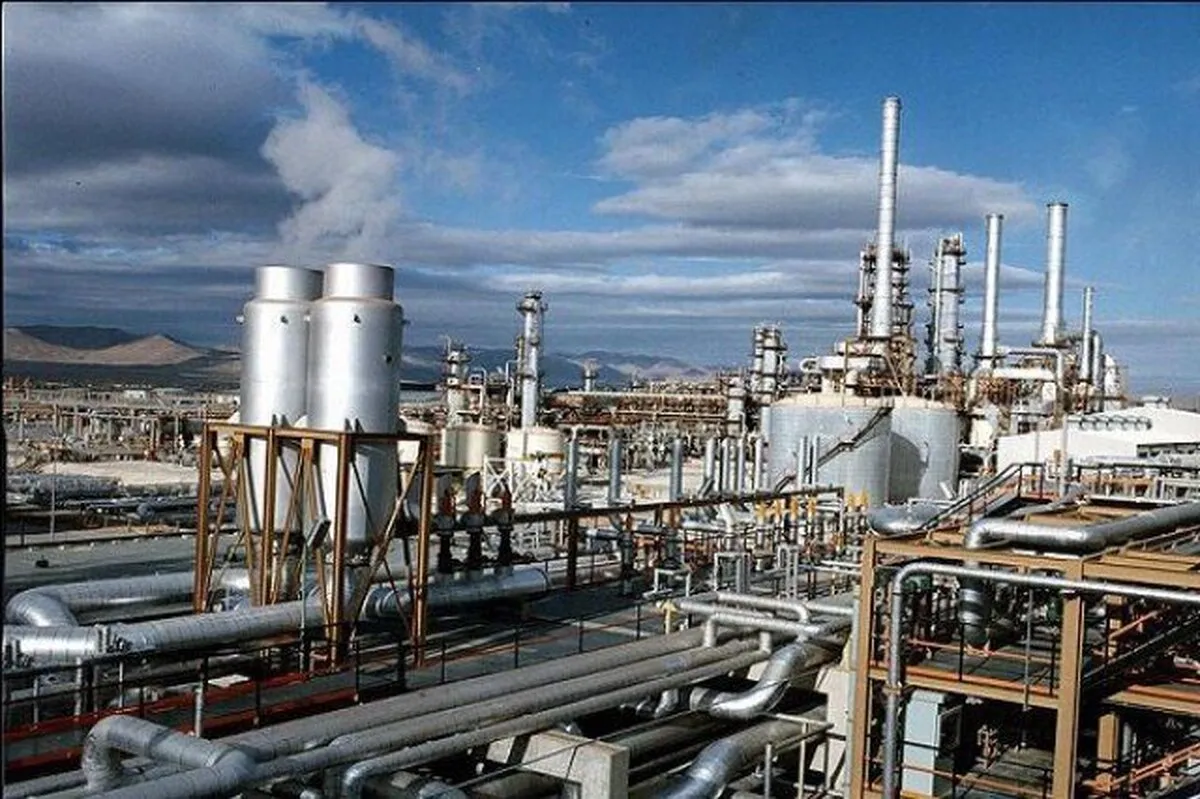Energy Expert: Completing Petrochemical Value Chain to Generate Huge Revenues for Iran

Speaking to local Iranian media, energy expert Amin Kaveh said that an increase in petrochemical exports, the completion of the value chain of the oil and gas industry, and the development of production of petrochemical products and petroleum products are considered proper ways to deal the impact of oppressive foreign sanctions on the oil incomes.
He added that the 7th National Development Plan has also highlighted the importance of completing the value chain of petrochemical products, according to which, the production capacity of petrochemical products will reach 131.5 million tons from the current 92 million tons annually at the end of the program.
The 7th National Development Plan is a five-year economic, social and cultural development program in the Islamic Republic of Iran, which started earlier this year of 1403 in the Iranian calendar(March 21, 2024) until the end of the year 1407. As it has been said previously, with the operationalization of new petrochemical plants in Iran, the production capacity of the petrochemical industry was planned to increase from 94 million tons at the end of 1401(March 21, 2022-23) to 140 million tons in 1404 (March 21, 2024-25), which will generate something between $18 and $20 billion income for the country, Kaveh said.
"Completing the value chain means that more income can be obtained from a product. In other words, if we convert gas into methanol, each ton has a value between $300 and $400, but if methanol is converted into propylene or polypropylene in the value chain, this value will increase to $900, showing a 300% added value, but if this value chain is completely transformed into other items, this exchange rate will reach over $1,000."
He stated that the lack of completion of the value chain of products indicates the lack of attention to investments in order to complete the value chain of this industry, adding, "Diversification of the products of the petrochemical industry allows for using different markets, which reduces the vulnerability of the Iranian petrochemical industry at the time of sanctions and market oscillation."
The energy expert further said that the boom in industrial production is one of the components of the country's economic growth, while the petrochemical industry also plays a special role in improving the country's economic and international conditions, adding, "About 70% of the added value of the petrochemical industry is in complementary industries. Meanwhile, it should be noted that the creation of higher added value in the petrochemical industry of the country will be realized through the development of the midstream and downstream petrochemical industries."
The oil and gas industry is usually divided into three major components: upstream, midstream and downstream. The midstream sector involves the transportation (by pipeline, rail, barge, oil tanker or truck), storage, and wholesale marketing of crude or refined petroleum products.
4155/i





















